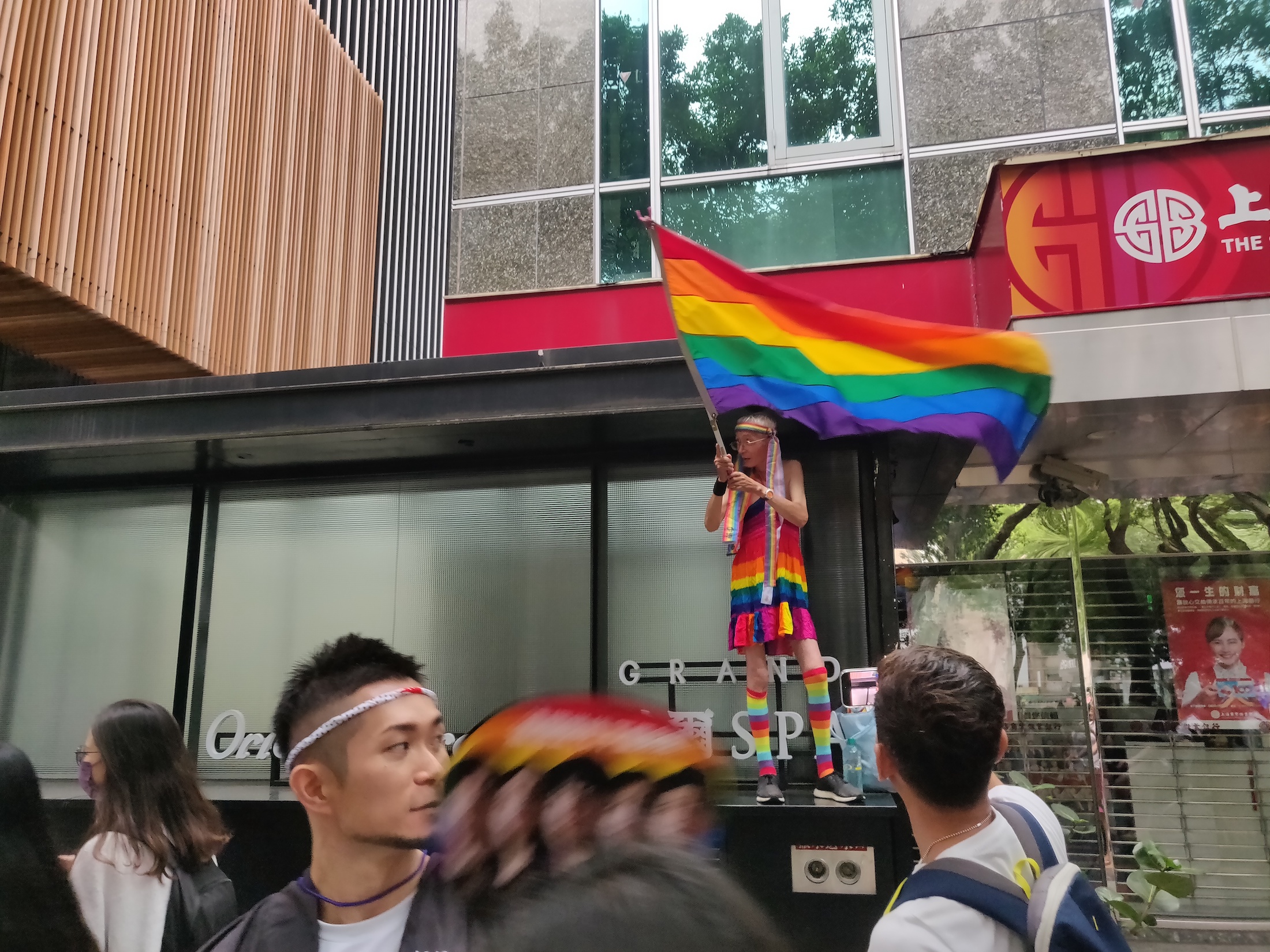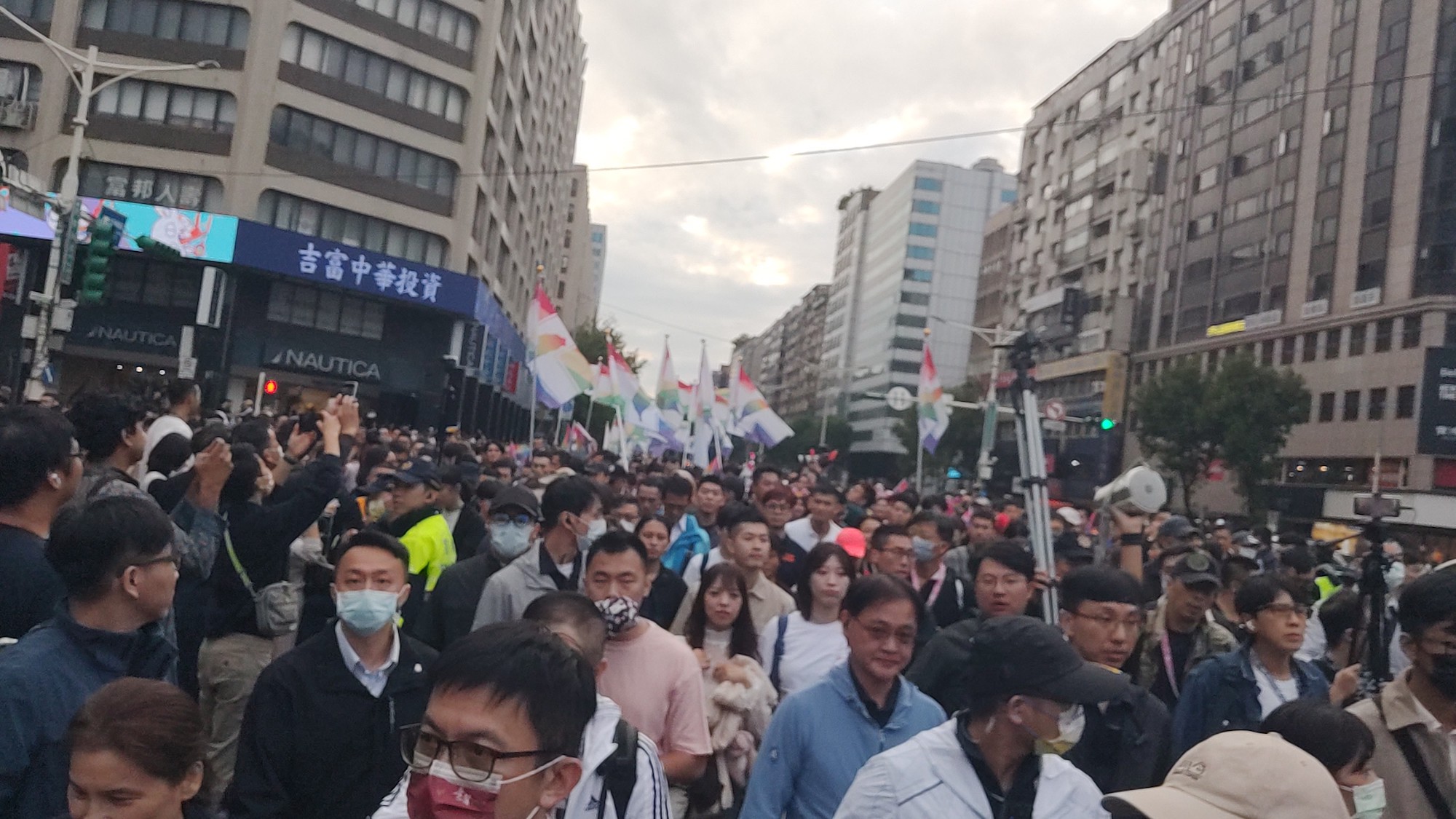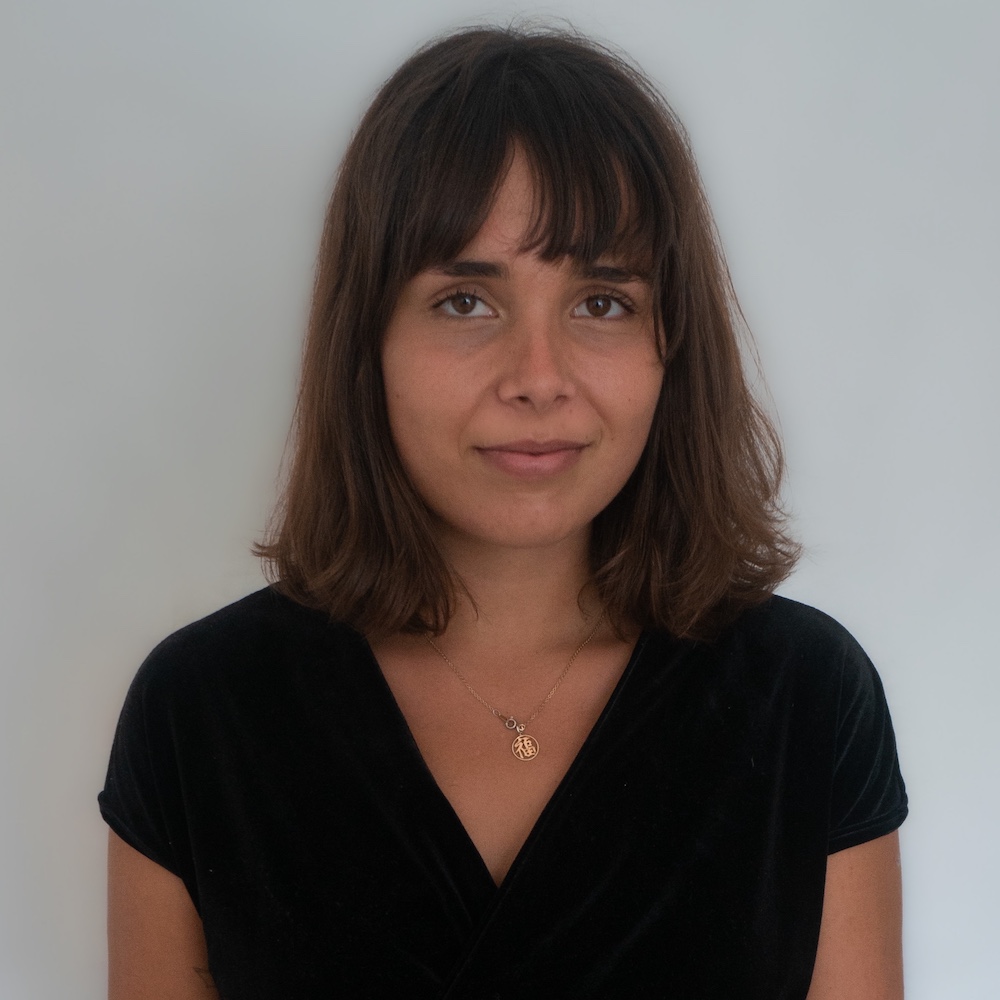Taipei Pride celebrates queer diversity despite its challenges
Asia’s LGBT capital ended its pride week with a hugely successful parade. The movement faces its challenges though.

Taiwan’s LGBTQ+ Pride Week concluded with a parade on October 28 that filled the broad streets around Taipei City Hall. Throngs of people appeared in high spirits, wearing rainbow ribbons and dressed in multicolor angel wings or skin-tight leather. Couples held hands, attendees wore signs offering free hugs, others danced with drag performers or shared drinks on the streets.
The event drew an estimated 176,000 participants, according the organizers, Taiwan Rainbow Civil Action Organization, well exceeding the expected number. To disperse the crowd, a roadmap for the parade was split into a northern and a southern route, but both filled the busy roads of Taipei’s financial district.
CK Teh is a Malaysian vlogger living in Singapore, and he documented the event. “I have visited the pride parade of Amsterdam, New York, Tokyo, and Sydney before, but this was my first time in Taipei,” he said. “It felt very intimate.” He loved the atmosphere, but the thought that Taiwan is the only place in Asia where such an event could happen made him sad, he added. “LGBT has no protection in other Asian countries.”
Taipei has earned a reputation as the LGBTQ+ capital of Asia. Taiwan legalized same-sex marriage in 2019, making it the only East Asian country to do so. In some places, like Malaysia, same-sex activity carries the threat of imprisonment. The Taiwan Pride Parade therefore attracts people from the whole of Asia. This year’s theme, “Stand with Diversity,” underscored the importance of including queer immigrants and indigenous groups in the movement. The organizers’ statement also called for cooperation among various minorities in Taiwan.

Queer culture’s presence is evident throughout the capital, through its multiple gay clubs, vibrant drag shows, and a rainbow crossroad in the “gay district” being a famous tourist photo spot. But despite queer visibility in public spaces, acceptance is not always apparent in the daily experience of queer people.
LGBTQ+ in Taiwan are still subject to day-to-day discrimination and pushback from conservative corners. The organizers of the parade mention school bullying as a recurring problem. And though same sex marriage was legalized in 2019, this was not received positively by all of Taiwanese society.
After the court ruled that the former definition of marriage as being “between a man and a woman” was unconstitutional in 2017, it gave parliament two years to change it. But before same-sex marriage laws were implemented, conservative groups initiated a motion in opposition of the change. The majority of voters then opposed same-sex marriage. Queer acceptance in society is growing though. A survey from early 2023 shows a clear shift in support, with 62.6% of respondents now approving same-sex marriage rights.
Taiwan has been hosting the Pride Parade since 2003. It’s come a long way. Companies such as Google, Uber, Roche Pharmaceuticals, Coca Cola, and Qualcomm were among the sponsors this year, participating with flag-bearing teams, parade floats featuring dancing go-go boys, and promotional booths.
In practice though, still much has to be done regarding acceptance within the work environment. For instance, while workplace discrimination is illegal in Taiwan, a 2020 survey revealed that 49.7% of LGBTQ+ respondents were concerned that coming out at work could affect their workplace relationships.
Politics were part of the parade. Presidential candidate William Lai from the DDP was physically present. From the oppositional Kuomintang, the youth party was present. Various foreign representative offices also took part, as did the deputy mayor of Paris.
Though the event had the character of celebration rather than protest, it was not absent examples of activism. One woman held a sign asking attention for queer rights in mainland China, where LGBTQ+ face increasing stigmatization.
The flags waved at the parade illustrated the national diversity of the participants, including the Chinese-speaking world, with groups from Hong Kong and Macau present. This year, Taiwan legalized marriages between Taiwanese citizens and partners from countries where same-sex marriage is illegal, making it possible for Taiwanese individuals to marry their partners from Hong Kong or Macau. Lovers from other parts of China remain subject to different jurisdictions.
The organizers of the event also emphasized supporting diversity within the queer community, focusing particularly on trans, nonbinary, and women’s struggles. These groups, however, remained underrepresented at the parade.
Lesbian and bisexual flags were waved during the parade, but remained scarce. Trans- and nonbinary people were more visible the day before, gathering around the Red House cultural center at the heart of Taipei’s gay bar area, for a transgender rights march organized by Taiwan Tongzhi Hotline Association. The rainbow parade was diverse in other ways, with indigenous, immigrant, HIVV/Aids and disabled communities specifically invited by the organizers, who said, “In the face of new challenges, it is imperative that we continue to urge the public to recognize diversity, understanding the identities of different communities and their needs.”






